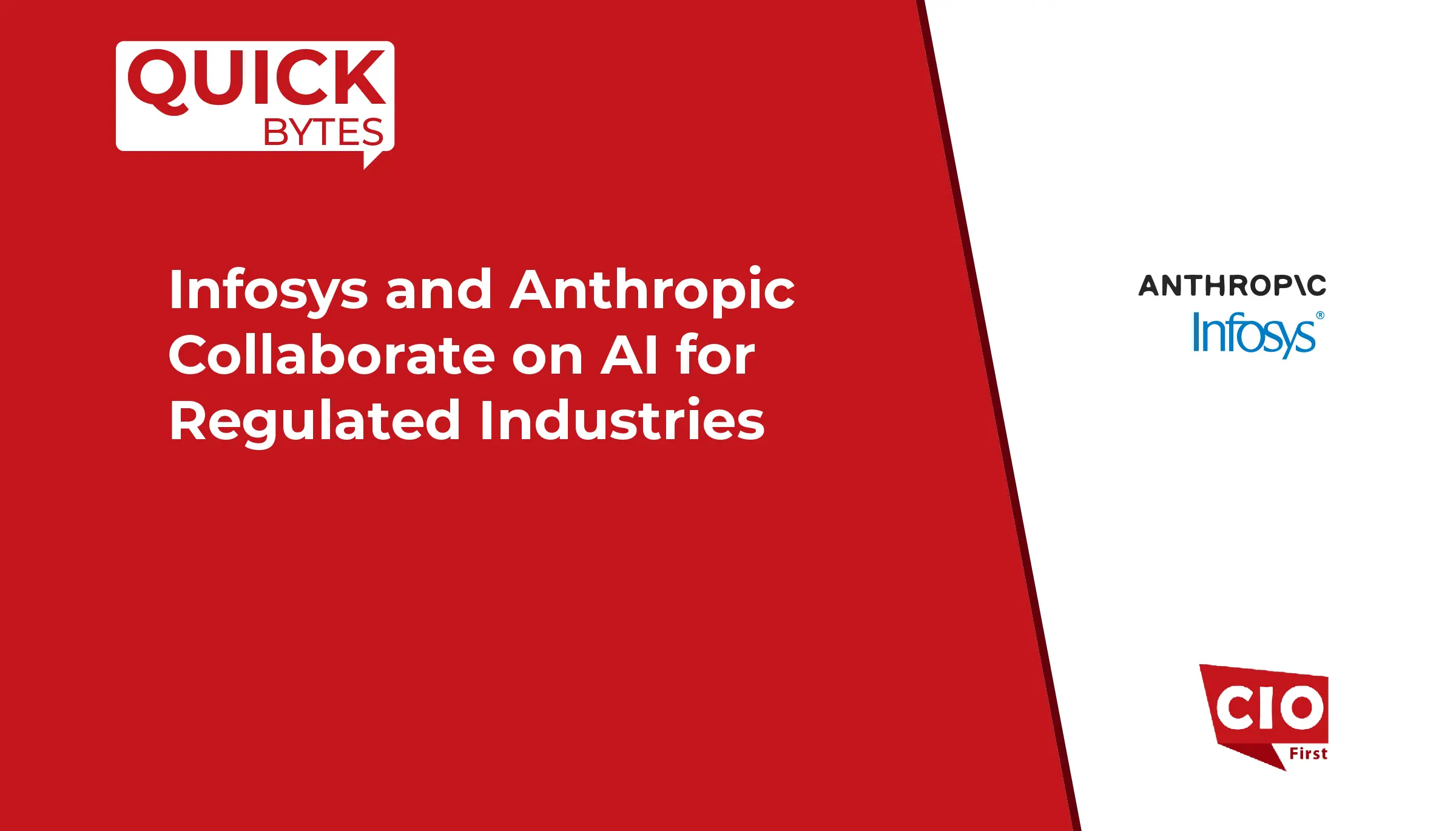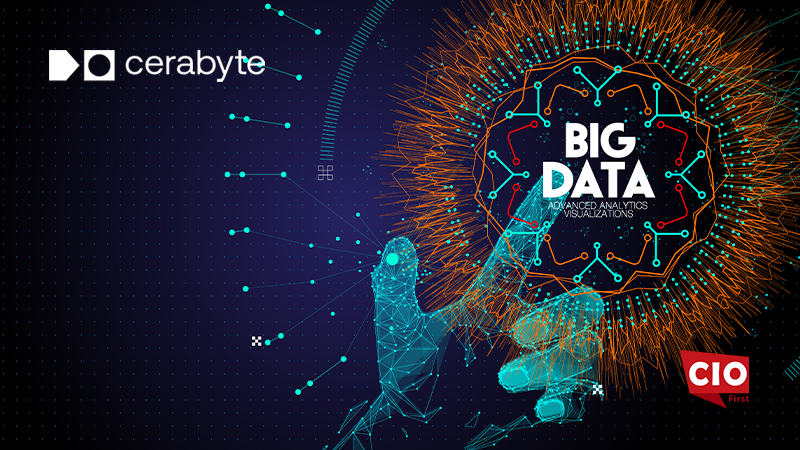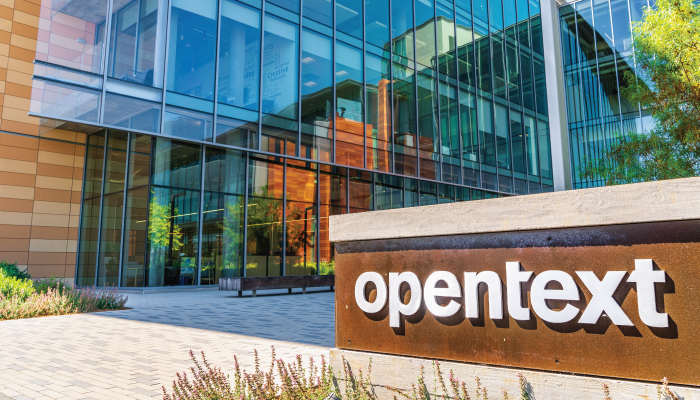Cerabyte, the pioneer of ceramic-based data storage solutions, announced that it has become an official CERN openlab member. As a member, Cerabyte will collaborate to develop secure, sustainable, cost-effective data storage solutions for CERN’s research activities. CERN openlab is CERN’s public-private partnership that aims to accelerate computing for science and explore innovative, sustainably responsible technologies.
Data storage, particularly long-term data storage, faces several challenges, including scaling, supply, energy and budget constraints. With more data being retained for increasingly longer periods of time, there is a growing demand for sustainable and affordable long-term data storage technologies. Cerabyte technology works toward minimizing electronic waste and reducing the energy consumption of data centers worldwide.
“Inspired by humanity’s ancient data storage, the Babylonian cuneiform tablets, Cerabyte’s media technology uses ceramic materials to retain data virtually forever,” said Christian Pflaum, CEO and Founder of Cerabyte. “We are thrilled to collaborate with CERN openlab and further develop Cerabyte’s durable and sustainable data storage technology to support CERN’s long-term data storage needs.”
Cerabyte enables sustainable and cost-effective long-term data storage solutions. Its technology leverages the industry’s semiconductor fab tool roadmap, using a Digital Mirror Device to write data matrices on a durable ceramic data storage medium. High-performance write/read and high-density data recording have been demonstrated as a working prototype. The development of the first petabyte-scale system might lead to a system for ceramic data storage by 2025/26 that will be accessed by and eventually hosted at CERN.
The Large Hadron Collider (LHC) at CERN is the world’s largest and most powerful particle accelerator. The LHC experiments collect a vast amount of data that needs to be stored as a basis for future research. In collaboration with institutes around the globe, CERN has made significant progress in developing, prototyping, deploying, and operating an innovative and robust data-intensive computing infrastructure, including the CERN data centers and the Worldwide LHC Computing Grid (WLCG). CERN openlab is a ground-breaking public-private partnership providing a structured and collaborative framework for industry and research organizations to engage with CERN researchers.
“As an organization with almost 70 years of history, CERN has created large volumes of data of many different types,” said Maria Girone, Head of CERN openlab. “It is critical for CERN to store data indefinitely in a sustainable, cost-effective, secure and resilient way. With this collaboration, we aim to advance data preservation research and inform CERN’s long-term plans for data archival.”
SOURCE: BusinessWire


























